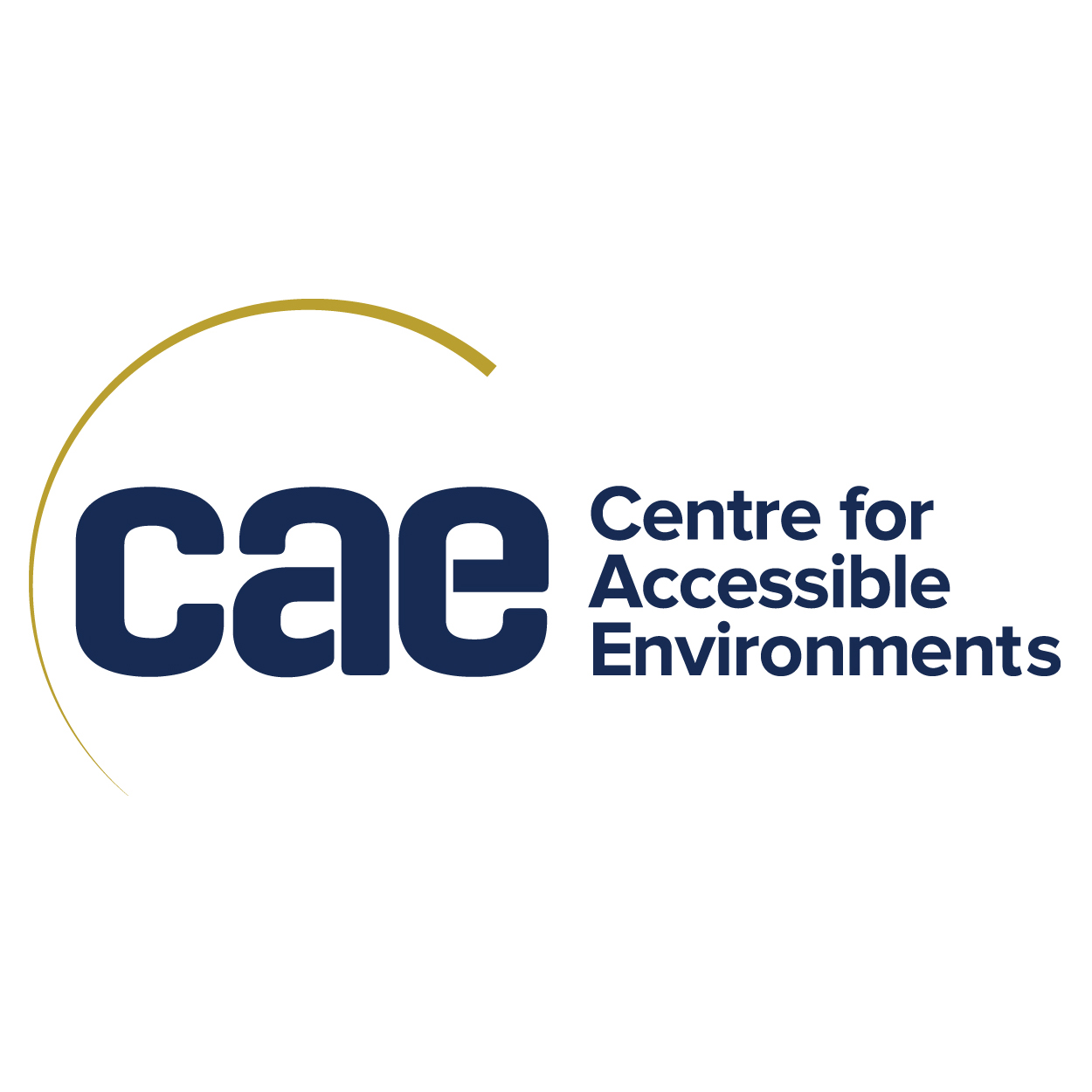Considering people’s access needs has long been part of the job for building designers and architects. Understanding what works and what is required by law is fundamental to ensuring a high quality built environment that can be accessed and enjoyed by all. What’s more, businesses will understand the impacts of not planning for the access demands of disabled and older people, both from a commercial perspective and the potential for breaching regulations.
Yet, in a report published this month by the House of Lords Select Committee on the Equality Act 2010 and Disability concluded that the Government is failing in its duty of care to disabled people stating that:
“Access to public buildings remains an unnecessary challenge to disabled people. Public authorities can easily side-step their legal obligations to disabled people, and recent changes in the courts have led to disabled people finding it harder to fight discrimination”
It comes as no surprise to anyone at CAE that disabled people are being “let down across the whole spectrum of life”. I’m saddened to say that society has advanced only modestly during the 20 years since the Disability Discrimination Act (DDA) and it has been a case of one step forward and two steps back since then. The Equality Act was never, as anticipated by many disabled people before its enactment, the panacea or sea change that was needed. At best both the DDA and the Equality Act stirred many to organise access audits but far fewer chose to act upon their findings and provide truly inclusive services”.
The legislation has always been flawed.
Firstly, it relies on disabled people having the capacity and stamina for a civil action, something few people are willing to endure. As these so called “enabling” acts are not prescriptive, there is wide interpretation and application making the outcome of a legal challenge unpredictable.
Secondly, part of the remaining, underlying issue is that the responsibilities fall into several camps. They are shared between built environment professionals, management and customer-facing staff. The holistic approach to access and inclusion is rarely orchestrated to achieve good design, commitment from all stakeholders, appropriate policies, adequate maintenance and suitable management. The end product is therefore only as good as its weakest link, and there are so many links.
Through our research, publications and networks, CAE has over the years promoted some inspirational achievements in good access but these are not the norm. Legislative drivers have failed to make good access a reality and initiatives to engage and influence cannot do this on their own.
We heartily welcome the House of Lords’ report and keenly await swift action which will reverse the “afterthought” mentality that prevails in many organisations and public services. We want thinking to be proactive, thereby engaging and empowering disabled people to live, learn, work and enjoy their lives as an integral part of our communities with the same life choices as everyone else.

